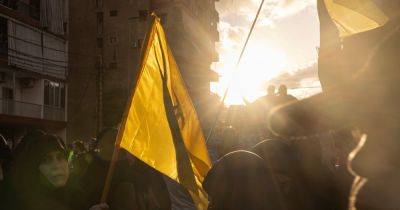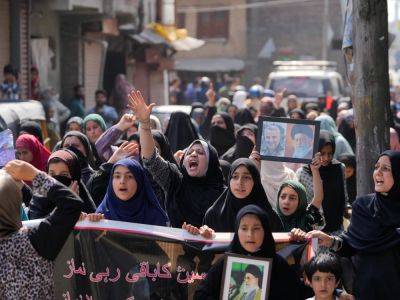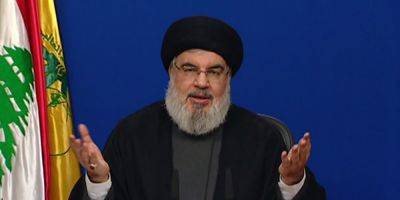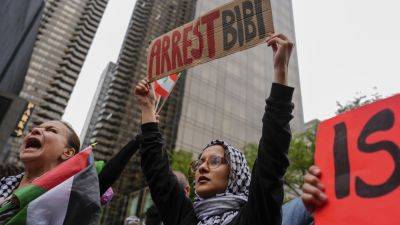Israeli invasion of Lebanon would be a mistake
The death of Hezbollah’s leader, Hassan Nasrallah, in an Israeli airstrike in Beirut on September 27 has left the militant Lebanese organization leaderless at a critical time.
Two days earlier in a speech broadcast around the world, the head of the Israel Defense Forces’ (IDF) northern command, Lieutenant General Herzi Halevi, had told his soldiers to prepare for a possible incursion into Lebanon.
There is every reason to believe Friday’s (September 27) airstrike, which targeted Hezbollah’s headquarters building in the southern Beirut suburb of Dahiyeh, was in preparation for a possible incursion. It came after days of strikes which Israel claims have eliminated much of Hezbollah’s senior leadership.
Halevi told his troops on September 25 that they would “go in, destroy the enemy there, and decisively destroy” Hezbollah’s infrastructure. As Hezbollah is embedded within the Lebanese population, this strategy promises the deaths of innocent civilians.
Since 2006, both Hezbollah and the IDF have sought to avoid a direct confrontation. For years, they have played tit-for-tat with the rationale of proportionality to prevent an all-out war.
Although the horrific October 7 attacks on Israel by Hamas triggered a resumption of hostilities, until last week, both sides were calling for restraint. What has changed? Is a ground invasion now inevitable? And if so, what would that mean for Hezbollah and Lebanon?
Israel has a track record of engaging in military adventures in Lebanon that have only ever served to make its opponents stronger in the long term. The destruction of the Palestine Liberation Organization (PLO) did not prevent the emergence of Hamas – indeed, it helped to create it.
Similarly, Israel’s pursuit of the PLO in







